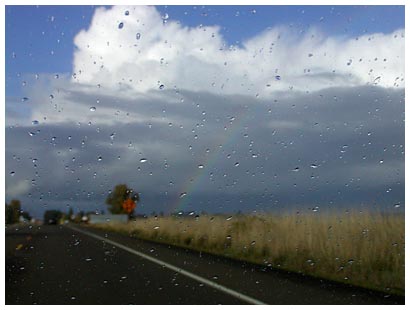Amazon launched a new feature called
Search Inside the Book. This lets anyone search the entire text of some (not all) books. More at
Business Wire. More at
Amazon.com.
You can try it by searching the full text of the book
We Blog (try "microcontent"). When you click on an individual result, you see
the full page (sign-in required) with your search term highlighted. You can also click the arrows to read surrounding pages. Another way to find results is by typing "microcontent" into the standard search form—you'll see an exact location of the word in the books that are returned. Since there are only
eight results for "microcontent" I don't think this search is finding
every book that contains the word. (But maybe "microcontent" is only mentioned in eight books, I need a better test.)
So...
- I bet this feature will be added to the API very soon.
- I wonder how this feature will affect the search results/sales for books that don't have their full text on Amazon.
- How long will it be before you can pay your money and read the whole book through Amazon?
- I'd like to see an image search.
- Libraries should do this.
This opens the door to some potential new
Amazon Hacks (this book is not full-text searchable at Amazon, btw). But I must...focus...on...work.




